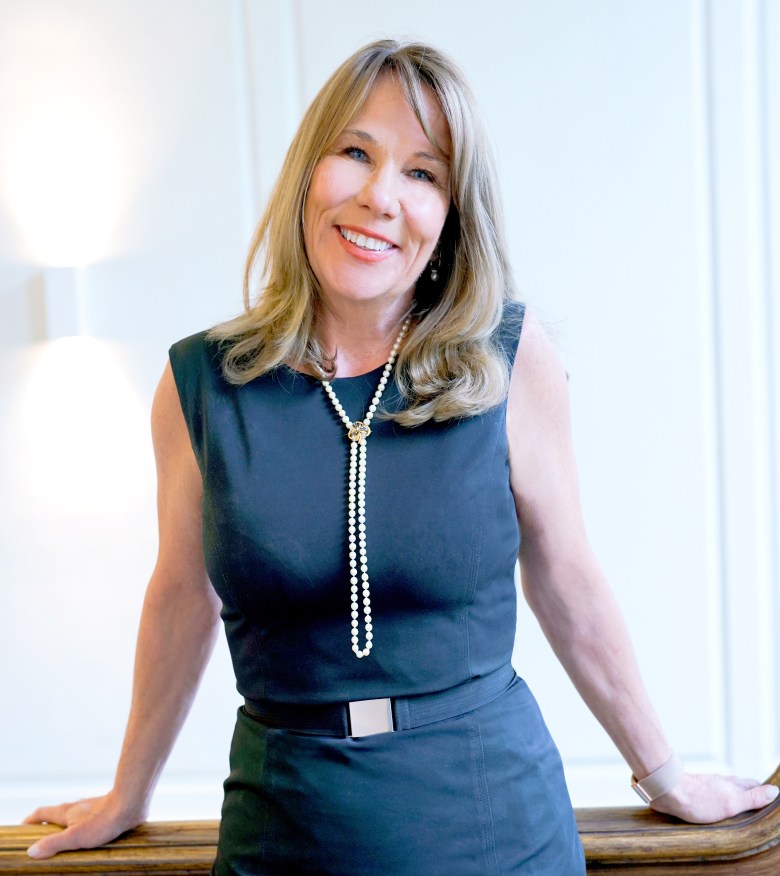TAMPA, Fla. — British financial advisor Citicourt & Co is looking to raise 100 million pounds ($129 million) in its first venture capital fund to invest in sustainability-focused space opportunities.
“It’s been an interesting journey over the past several years helping to fund space companies in the U.K. and Europe,” Citicourt founder and CEO Jodi Bartin told SpaceNews.
“It’s about time for us to get into the trenches,” she added, and “try to help bridge the gap ourselves between private and public funding.”
According to Bartin, who founded Citicourt in 1991, companies she has advised include B2 Space, a British small launch vehicle startup developing a balloon-launched system, and Scottish spaceport developer SaxaVord.
Citicourt has also worked with more mature space companies that Bartin declined to name because of confidentiality agreements.
“We’re finding there’s a lot of private equity and VC funds willing to participate in the space industry and do one or two investments off the back of Citicourt’s recommendations,” she said.
“There’s still a minute number of dedicated space funds around the world.”

As part of these plans, the company recently hired Stuart Martin, who stepped down last year as CEO of Satellite Applications Catapult after leading the British government-backed nonprofit for a decade.
Martin worked with around 700 space-related companies during his tenure at Catapult, helping raise roughly $1.7 billion in investments as part of U.K. efforts to expand the industry.
“[W]hen I started out with the Catapult in 2013 there was almost no venture capital at all in space, and in particular in the U.K.,” Martin said, “and because of that there was no startup community in space.”
Catapult set out to catalyze the interest of venture capital to form seed funds for space, crystallizing a startup community he said is now thriving in the country.
Citicourt aims to support the next generation of companies that are ready for an institutional late Series A or early Series B funding round to scale up their businesses.
There are multiple deep technology funds worth hundreds of millions of dollars that “quite often want to have a small number of investments in space,” according to Martin, “but they don’t have the expertise to comfortably deploy capital into an area they just don’t understand.”
Citicourt aims to close its VC fund this year, enabling the company to take the lead on 10-12 space-related investments.
Hungry for launch
“One thing that I’ve noticed at Citicourt, literally in the last month or six weeks, is there’s a lot more interest in launch in the investor community now,” Martin said.
“It was a sector that investors were shying away from, but now at Citicourt we’re starting to see the cream rising to the top of the hundreds of companies that originally started out with a bit of seed and grant R&D funding.
“We’re starting to see that small number who are getting close to a first launch and actually showing some operational credibility.”
He said the recent SpaceX failure underlined how vulnerable the space industry is due to its high dependence on one launch provider.
While Falcon 9 returned to flight over the weekend after being grounded for just 15 days, ripple effects from the rocket’s failure delayed launches for commercial and government customers.
Launch startups could qualify under a scoring system Citicourt plans to use to invest in ventures deemed to have a clear path to positively impacting Earth, such as the sustainable production of food, deforestation and carbon mitigation.
Sustainability initiatives are also a major focus for U.K.-based Seraphim and its publicly traded space investment trust.
Still, early-stage space companies continue to struggle with a lack of growth-stage funding in Europe, which has long lagged behind the United States.
“The opportunity is there and it’s not currently being realized,” Martin said.
“I think it’s an opportunity for investors, and it’s a blockage for the U.K. space sector at the moment. We couldn’t be launching our Citicourt sustainability-focused space fund sooner, Seraphim can’t do everything.”
Bartin added that early-stage space companies are also increasingly able to access substantial debt financing, in addition to equity, to build out their businesses.
“It’s not just ‘I need five million in my bank account now to fund my business plan for the next 10 years,’” she said.
“That’s not how it works. Investors that we speak to at Citicourt will look to provide funding for 12-18 months maximum, and companies are better off to go with that and raise subsequent rounds at increasing valuations.”